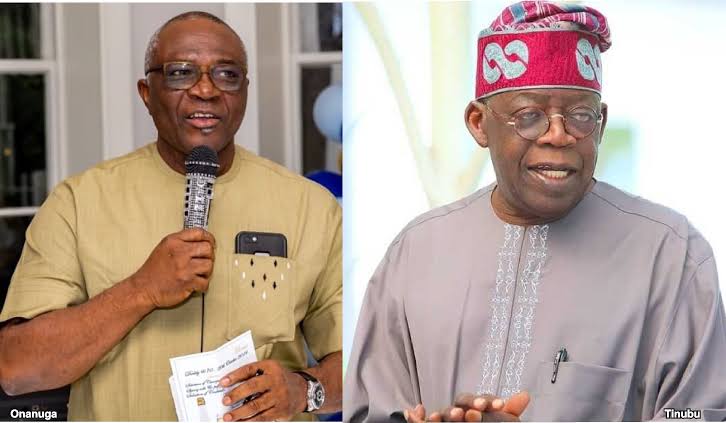The Special Adviser to the President on Information and Strategy, Bayo Onanuga, says President Tinubu is not responsible for most of the economic challenges in the country, adding that the president inherited most of these challenges before he assumed office.
According to him, inflation was already above 23% before Tinubu emerged as president.
The special adviser said one of the measures introduced by the president is the loan scheme for students, to help support them in financing their tuition fees for higher learning.
“This government when it came in May last year, inflation was at 23.65%. The movement from there till now is about 10.4%.
’We already had some problems before this government came into office. We didn’t create all the problems. We inherited many of them. And this government is making so much effort to reduce these problems.
“One of those things that the government is doing is the introduction of a student loan scheme. Millions of students will benefit from this. This will also help the parents at home,” Onanuga said.
READ ALSO: Stability now restored to foreign exchange market—Onanuga
He stated that, contrary to reports from most news outlets, food prices have been relatively dropping and will continue to decline across the country.
The president’s aide mentioned that President Tinubu is actively implementing measures to ensure that citizens do not feel the pain of the federal government’s reforms.
“I read a report recently saying inflation has moved to a staggering 33.69%. How is it staggering? Last month in April, inflation was 33.4 something. Then it moved by a mere 0.26%.
“In fact, from March to April, inflation slowed down. So things are improving. People will soon begin to feel the impact of all these reductions.
“I had a call from my town a few days ago, with someone telling me the price of garri is going down. Inflation is on a reduction level. And it’ll continue to go down,” Onanuga said.
Nigeria is facing one of its most economic difficulties in over three decades, with inflation rising above 30%.
According to the National Bureau of Statistics (NBS), Nigeria’s inflation rate surged to 33.95% in May 2024, up from 33.69% in April 2024.
This increase of 0.26%-points marks a steady rise in the cost of living, with year-on-year inflation rates jumping by 11.54%-points from 22.41% in May 2023.
Accordingly, Nigeria’s food inflation rate reached 40.66% on a year-on-year basis, a significant increase from the 24.82% recorded in May 2023.
This sharp rise in food prices has been attributed to a range of factors such as insecurity, lack of funds for farmers as well as high import duties on food items to the country.

 Entertainment1 week ago
Entertainment1 week ago
 Business1 week ago
Business1 week ago
 Health1 week ago
Health1 week ago
 Business1 week ago
Business1 week ago
 Latest1 week ago
Latest1 week ago
 Entertainment1 week ago
Entertainment1 week ago
 Football1 week ago
Football1 week ago
 Entertainment6 days ago
Entertainment6 days ago

